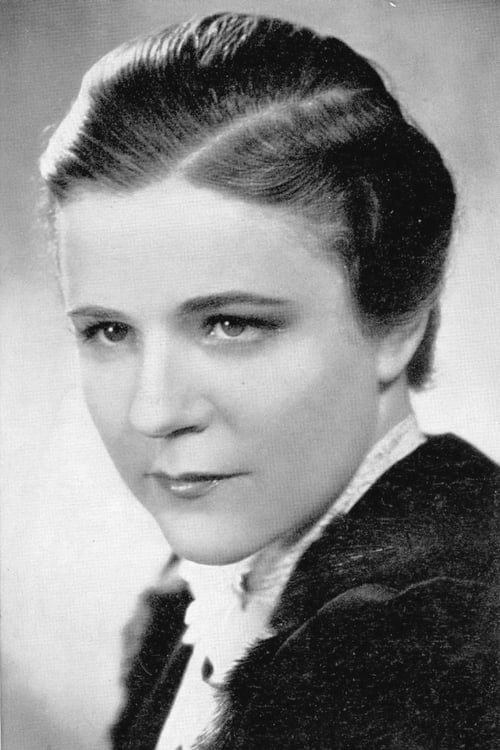Paula Wessely
Nacimiento : 1907-01-20, Vienna, Austria
Muerte : 2000-05-11
Historia
Paula Anna Maria Wessely (20 January 1907 – 11 May 2000) was an Austrian theatre and film actress. Die Wessely (literally "The Wessely"), as she was affectionately called by her admirers and fans, was Austria's foremost popular postwar actress.

self

For thirty years Anna sat at the checkout in the supermarket; now she is retired and doesn't know what to do with her life. She drifts through Viennese museums and cafés until one day in the park she gets into a conversation with a group of bikers. And suddenly the old lady reveals quite unexpected talents ...

Militza

Self
"The Great Magician" - Max Reinhardt (1873-1943) was an Austrian theater and film director, director, theater producer and theater founder. With his Jedermann production on August 22, 1920, he founded the Salzburg Festival.

Hero (archive footage)

Nora Melody

Schwester Angelika vom hl. Johannes

Mrs. Arbuthnot

Mrs. Midget

Glaube
Everyman (German: Jedermann) is a 1961 Austrian drama film directed by Gottfried Reinhardt, based on the play written by Hugo von Hofmannsthal. The film was selected as the Austrian entry for the Best Foreign Language Film at the 34th Academy Awards, but was not nominated.

Gabriele

Die Zufriedenheit

Genia Hofreiter

Executive Producer

Frau Dr. Winifred Lert
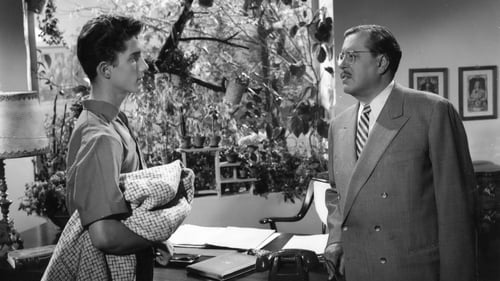
Christa Teichmann
Los padres del estudiante de secundaria de 17 años Klaus Teichmann se preocupan por su hijo: cada vez más a menudo, el hijo se relaciona con homosexuales. El Sr. Teichmann denuncia al principal responsable, el anticuario Dr. Boris Winkler. El Dr. Winkler es un vanguardista local que da a conocer entre la juventud la música electrónica y el arte moderno. Debido a que no existen pruebas y que no se le puede demostrar comportamientos deshonestos, la denuncia es archivada. La Sra. Teichmann intenta volver a su hijo a la buena senda con una chacha bonita, Gerda. Gerda consigue efectivamente seducir a Klaus. Un conocido que ha observado la escena, lo cuenta todo al Dr. Winkler. Ahora, Winkler denuncia a la madre por alcahuetería y el juez, a pesar de comprender las razones de la madre, la tiene que condenar a la cárcel. Pero, al hijo, a partir de ese momento, sólo le gustan las mujeres, se aleja de la música electrónica moderna y sólo escucha Chopin.

Luise Gottschalk
"Under 18" - The social worker Luise Gottschalk dedicates all her passion to the Viennese caretakers and derailed young people. Tirelessly, she advertises to adults for understanding the needs of adolescents. She is particularly committed to a girl named Elfie Breitner.

Königin Maria Stuart von Schottland

Fürstin Pia Maria

Gabriele Gärtner
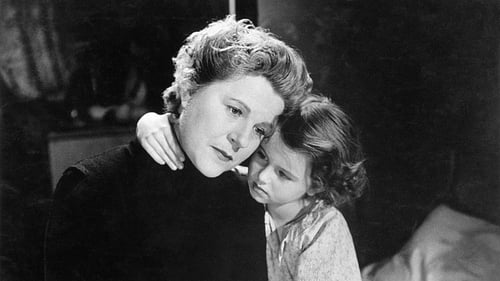
Executive Producer

Käthe Zeller

Sophie Naglmüller

Maria Theresia
A biography of the eighteenth century Habsburg Empress Maria Theresa.

Cordula

Dr. Elisabeth Kamma

Henriette Alt, geb. Stein
A long time-span of Austrian history (from the late 19th century to the years after world war II) is reflected in the ups and downs of a family of piano-makers in Vienna.

Self - film scenes (archive footage)
"Gems" - Embedded in a frame story, the film shows excerpts from 18 entertainment films of the time, among others, "The Gypsy Baron", "The Three Codonas", "La Habanera", "Viennese Blood", "Sophienlund", and "Mask in Blue".

Maximiliane Frey
On New Year's Eve 1900, Paul Holzgruber started a new praxis as a radiologist. The young Maximiliane Frey is his assistant and they have worked side by side for years helping people. Holzgruber repeatedly points out the dangers of radiation to Maximiliane, but is silent about the ulcers on his hand and the severe pain they have caused. Maximiliane has gotten to know the widower Axel von Bonin and has fallen in love with him. But then she is diagnosed with incurable cancer. To spare Axel the inevitable grief over her impending death, she leaves him and dedicates what is left her life to medicine.

Sophie von Angerspang
A drama about marriage in a small town, which takes place at the turn of the 19th into the 20th Century.

Maria Thomas
A Nazi propaganda film which aims to justify the invasion of Poland by portraying the plight of ethnic Germans in Poland who were discriminated against and oppressed by the Poles, and how they were saved by the intervention of the German army.

Agnes Seethaler
In 1910, the landlord's daughter Agnes from the Steiermark gets to know the diplomat Hans. They have a short love affair and then part from one another. Hans gets sent to Beijing, where he marries and American and has a son with her. Agnes, too, has a son by Hans and moves to Vienna, where she works in a restaurant. She is still in love with Hans ...

Maria Ilona von Wolkersdorf

Johanna 'Hanna' Karfreit

Therese Brandl

Julika
1936 Austrian film.

Valerie Gärtner
Vienna, 1922. Due to a sudden financial tragedy, a young woman begins accepting checks from an older, rich gentleman for companionship in order for her to keep attending college. Their relationship is purely platonic, but eventually she begins a romance with the tutor of the older man's sons who has a completely wrong impression as to the nature of her arrangement with his employer.
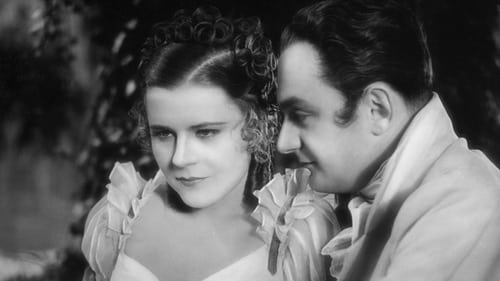
Grand Duchess Marie Louise
The political advisor to the French emperor Napoleon, and the Austrian emperor Franz I, arrange a marriage between Napoleon and the Austrian archduchess Marie-Luise in order to prevent another war.
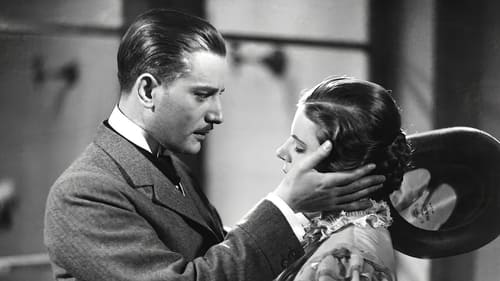
Leopoldine Dur
After a masked carnival ball, Gerda Harrandt, wife of the surgeon Carl Ludwig Harrandt, allows the fashionable artist Ferdinand von Heidenick to paint a portrait of her wearing only a mask and a muff. This muff however belongs to Anita Keller, in secret the painter's lover but also the fiancée of the court orchestra director Paul Harrandt. The picture is then published in the newspaper. When Paul sees it and asks von Heidenick some questions about the identity of the model, the artist is forced to improvise a story and on the spur of the moment invents a woman called Leopoldine Dur as the alleged model. Leopoldine Dur however turns out to be a real woman whose acquaintance Heidenick makes shortly afterwards.
